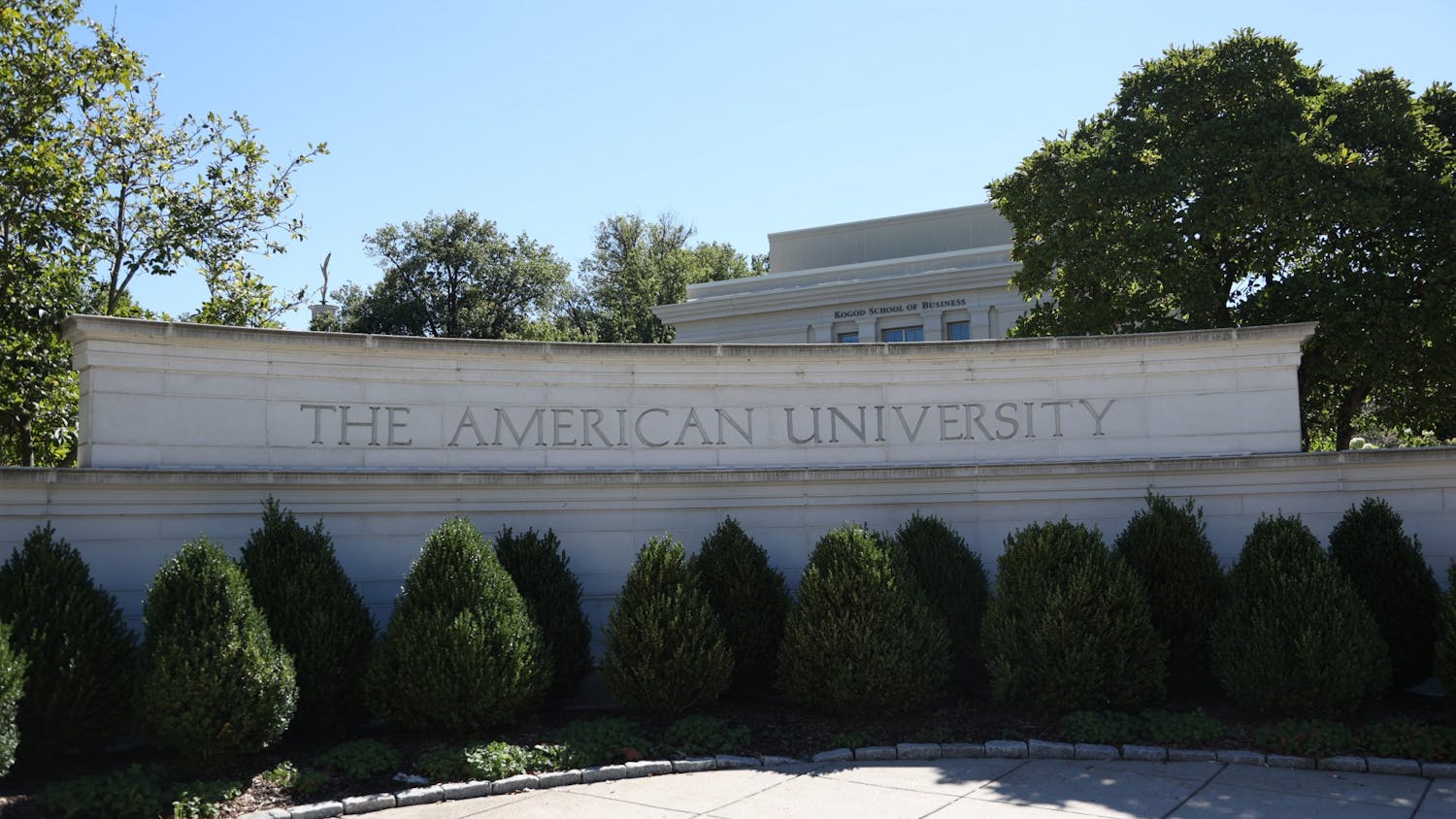The National Collegiate Athletic Association ruled that the University of Illinois at Urbana-Champaign should retire its mascot, Chief Illiniwek, last week.
Although the university said in a report on their Web site that students have been protesting the mascot since 1989, AU students had mixed reactions about the use of Native American mascots for athletic teams.
In 2005, the NCAA banned the University of Illinois from hosting championship games due to what the organization considered offensive use of Native American heritage.
The NCAA will remove the university from its list of schools under restriction for the use of Native American mascots, names and imagery Feb. 21 when the university said it would remove "Chief Illiniwek," the NCAA said in a press release Feb. 16.
"I am greatly disappointed and upset to see such a long tradition die," said Claire Pedersen, a sophomore at University of Illinois. "I feel as though when we took the mascot we did a lot to make sure that the Chief honored the Indian tribe. A lot of people are really upset about it going."
Since the terms "Illini" and "Fighting Illini" are associated with the name of the state, they are not an inappropriate reference to Native Americans, said the NCAA review committee in their press release.
According to a rebuttal letter from the university's board of trustees to the NCAA, Chief Illiniwek supporters "emphasize the value of and their pride in the tradition as the opportunity to preserve and showcase tradition, heritage and culture."
Katharine Kuhl, a junior in the School of International Service at AU, said since mascots are usually animals, it unnerved her to find that some athletic teams used the name of ethnic groups.
However, Stephanie Fair, a senior in the College of Arts and Sciences, said she does not find the Chief offensive because countless high school teams in her home state of New Hampshire use Native American nicknames and imagery as mascots.
According to Marc Cowans, a recent AU graduate from the School of Public Affairs, Native American mascots are acceptable if they receive the approval of the Native American community.
Although Native American mascots portray stereotypes, Sterling Johnson, a senior in SIS, said "good stereotypes do exist and some are true to a certain extent."
Chief Illiniwek and the Washington Redskins mascot are "analogous to the Vikings or some other group in history," Johnson said. "They are chosen because they are revered for their tenacity and fierceness in battle."
Carrie Johnson, president of Student Advocates for Native Communities and a sophomore in the School of Public Affairs, said she agreed with the NCAA's ruling because the use of native mascots by academic institutions mis-educates university communities.
"Native mascots epitomize negative stereotypes of Native Americans and animalize native peoples," Johnson said in an e-mail. "People who are attached to the traditions around native mascots are making a false argument when they claim they are 'honoring' Native Americans. I personally believe they are 'honoring' native peoples as much as students at American University are 'honoring' eagles when they cheer at games."
Although the University Relations office at the University of Illinois would not comment on the retirement of the school's mascot, it has provided press releases and other NCAA documents related to the case on its official Web site.
The University has also placed a video of the Chief's last dance on www.uillinois.edu/chief.
Chief Illiniwek's performance is an "interpretive" version of the Native American "Fancy Dance" that originated in the 1900s in Oklahoma, according to the rebuttal letter the university sent to the NCAA.




